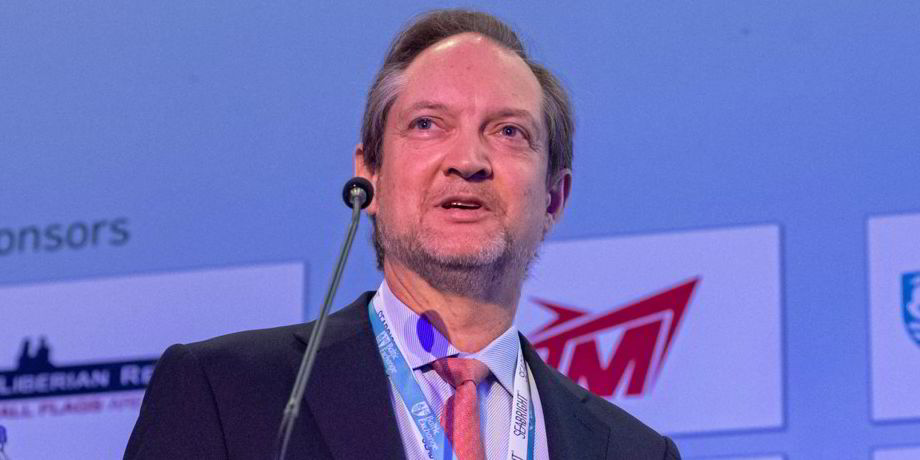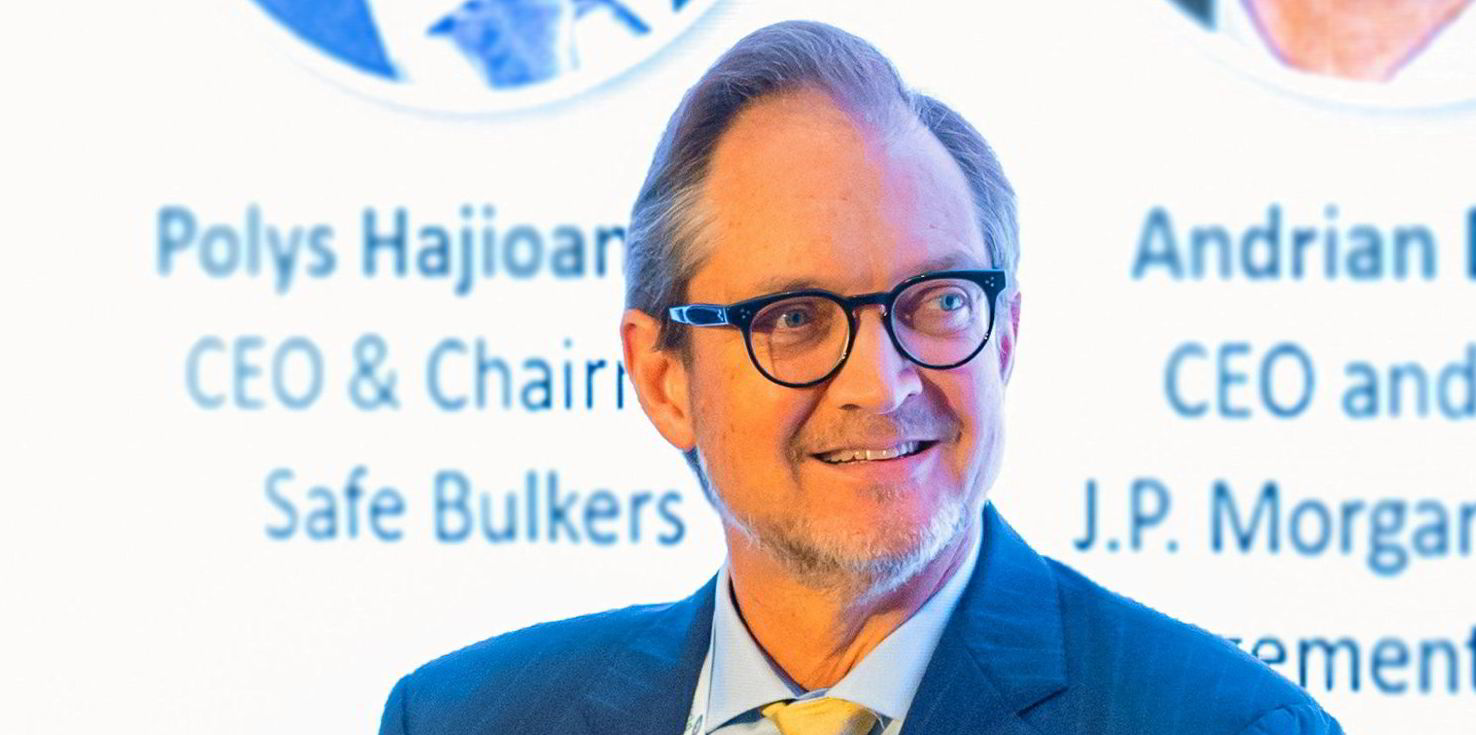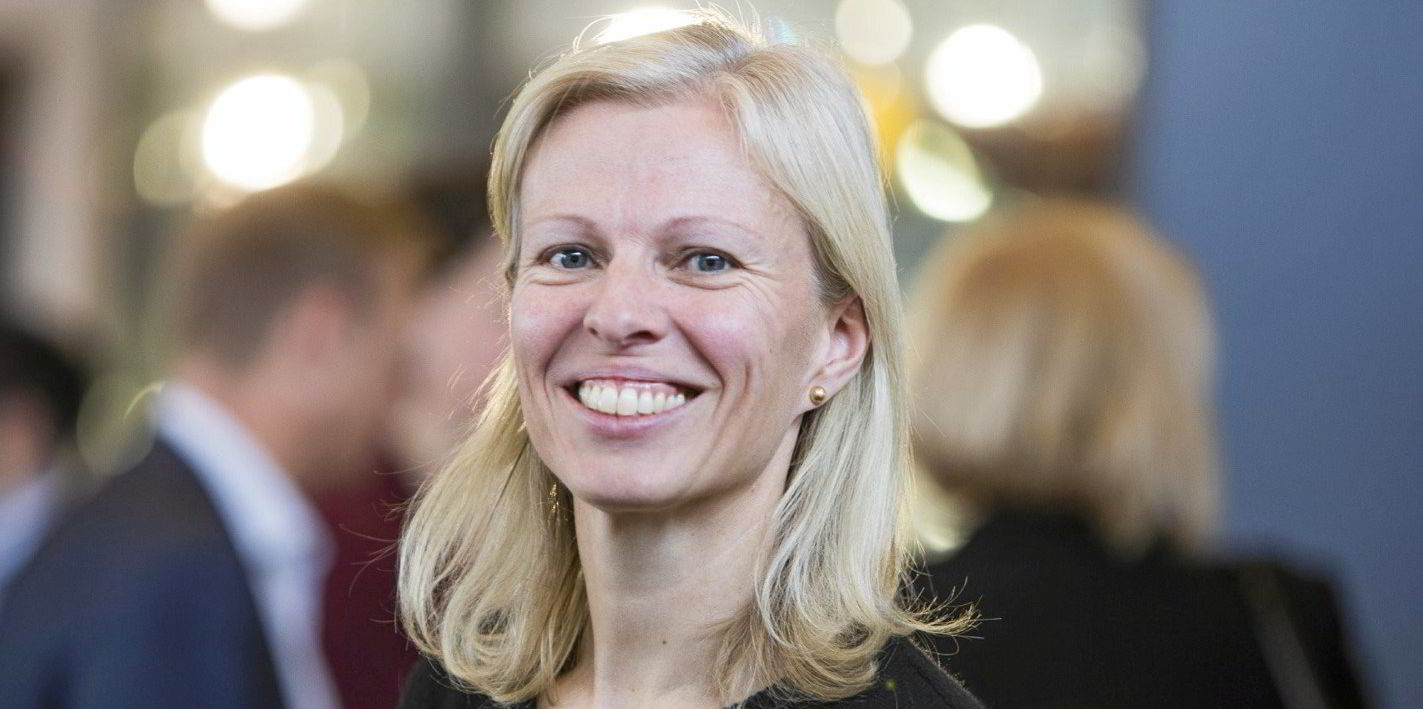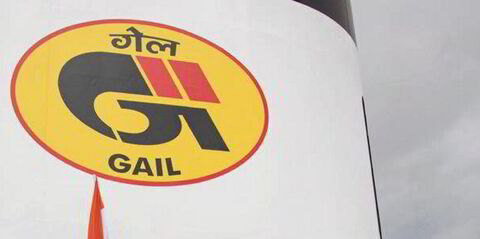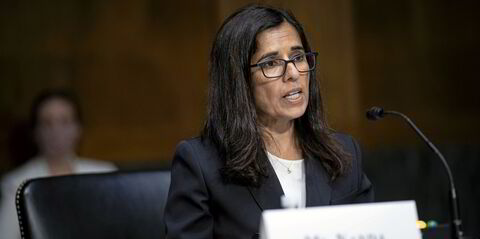Andrian (Andy) Dacy heads up one of the shipping industry’s largest and most diversified fleets, with more than 140 vessels across nine sectors, including container ships, tankers, bulkers, LPG and LNG carriers.
But the managing director and head of Global Transportation Group, part of JP Morgan Asset Management’s alternative investments division, is not your typical shipping banker.
He describes himself as working with the operational intensity of a shipowner rather than from a financier’s perspective.
Dacy has now racked up nearly a quarter of a century at JP Morgan.
His allegiance remains to the institutional investors who put money into the investment vehicles that ultimately own the assets managed by his team.
“We strive to build and deploy our resources in the same fashion as any large diversified shipping company, with a disciplined commitment to the commercial, operational and technical areas of our business,” he told TradeWinds.
Dacy has been in shipping since the late 1980s, with all the highs and lows that implies.
He said the strategy is to retain the “capital flexibility to act quickly” when opportunities arise.
But the plan is also to build a robust model that can weather all circumstances over the long term.
Market data suggests Global Transportation Group oversees total investments of about $8bn, with capital deployed over the past 14 years.
The majority of investments are in shipping, although the figure is believed to include aviation and rail.
Newbuilding slate grows
The group has been busy ordering new vessels in recent months.
Global Transportation Group’s Orion Gas Transport unit has contracted an extensive series of LNG carriers.
Five are on the water, with an additional 20 rumoured to be on order at Samsung Heavy Industries and Hyundai Heavy Industries for delivery over the next three or four years.
Two commissioning service operation vessels, or CSOVs, are being built at Ulstein Verft in Norway, plus two 7,000-ceu car carriers at CIMC Raffles in China as part of JP Morgan-controlled Norwegian Car Carriers’ growth initiative.
Then there are the group’s first methanol dual-fuel tankers, four 50,000-dwt MR tankers under construction at Guangzhou Shipyard International, also in China.
The industry is making a solid effort in trying to move towards greener ships, Dacy explained.
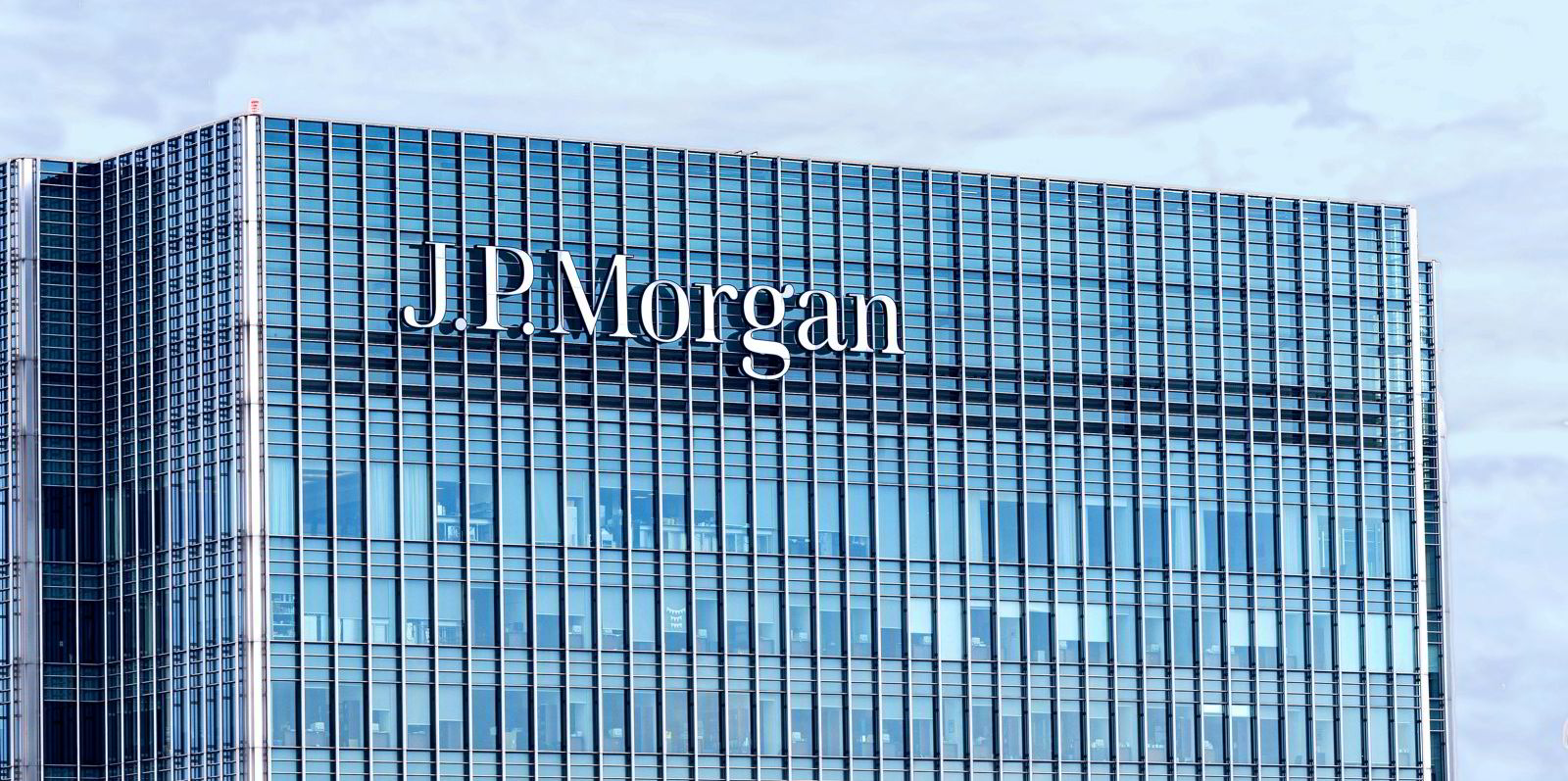
He believes the key to the issue is the infrastructure and the renewable power needed to produce these future fuels: Where will the power come from and how will the fuel be delivered?
The worry facing the industry is that shipowners will be held accountable for the infrastructure challenges of the fuel providers, making it even more important than ever to engage in an ongoing and robust dialogue with regulators, Dacy argues.
A pause for now?
But newbuilding ordering activity seems to be on hold for now at Global Transportation Group.
“At the moment, I find ships across the board somewhat pricey — frankly, I feel we’re more in a selling postcode than a buying one,” Dacy said.
The executive explains there is a school of thought that it may now be prudent to wait for between nine and 12 months before more clarity is achieved in the market.
As for his chartering strategy, he added: “We lean heavily towards long-term time charters with some ships trading in the spot market. We are quite conservative in our approach.”
Dacy called geopolitical turmoil such as that caused by the Ukraine war, Red Sea vessel attacks and Panama Canal delays “artificial supply tightening”.
At the same time, shipyard capacity remains constrained, he said.
He argues that Asian shipyards are often located in rural areas and the next generation of workers do not want to be shipbuilders.
South Korea, for example, is hiring from abroad, but there are language barriers to contend with, Dacy explained.
“No delays have been experienced for our investors’ ships at present, although backlog at the yards is a growing consideration as it will add to tightness in supply generally, but this is positive for rates,” he said.
